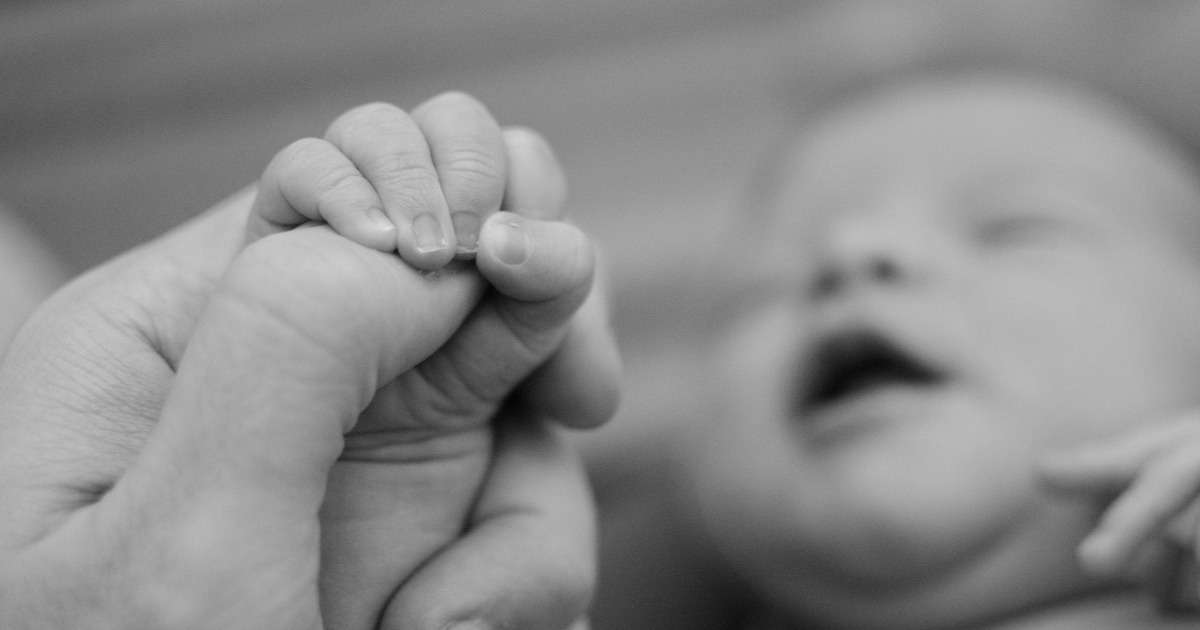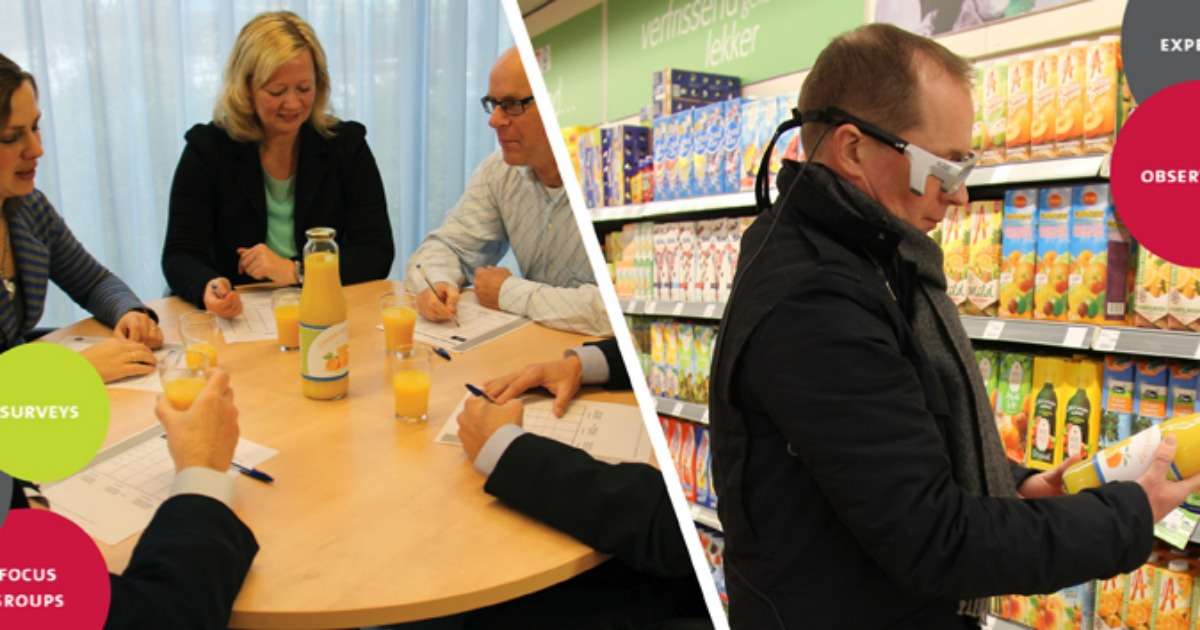
Comparing two different skin-to-skin contact techniques
Skin-to-skin contact is essential in developing a feeling of safety, and in creating the bond between parent and child, especially with premature babies. Buil et al. compared two kangaroo positioning techniques.

The value of facial expression analysis in advertisements
José Chavaglia Neto and José António Filipe investigated the effect of one commercial on consumer emotion. They asked consumers to watch this commercial related to a specific brand.

Marketing and market research blogs
Learn all about gamification in marketing, facial expression analysis, and the difference between self-report, qualitative research, and unobtrusive observations.

Video-recording children with ASD in-home
Anne Kirby and colleagues studied sensory and repetitive behaviors among children with autism spectrum disorder (ASD). 32 children with ASD participated.

Implementing Tailored Activity Programs
Tailored Activity Programs (TAP) have been shown to have significantly reduce behavioral occurrences in dementia patients and improve engagement and positive behaviors.

In-home video recordings provide measure for more objective comparisons
Edelson and her colleagues from the Nestlé Research Center in Sweden studied parent-child interactions during meal time using in-home studies.

Declared vs revealed data
How do consumer researchers get valuable data? Consumer and market researchers can turn to observation and experimentation to observe consumers. Declared vs. revealed data.

Understanding adolescent emotions
How are adolescents’ emotions socialized by mothers and close friends? A recent study focuses on dealing with depression in adolescence.

Become and stay aware about children with autism
Autism is a developmental disability that remains with a person for his or her whole life. The World Autism Awareness Day tries to bring awareness to this growing health concern.

How to use FaceReader in the lab
Are you interested in using automatic facial expression analysis in a standardized lab setting? Here are 5 tips to get you started!
